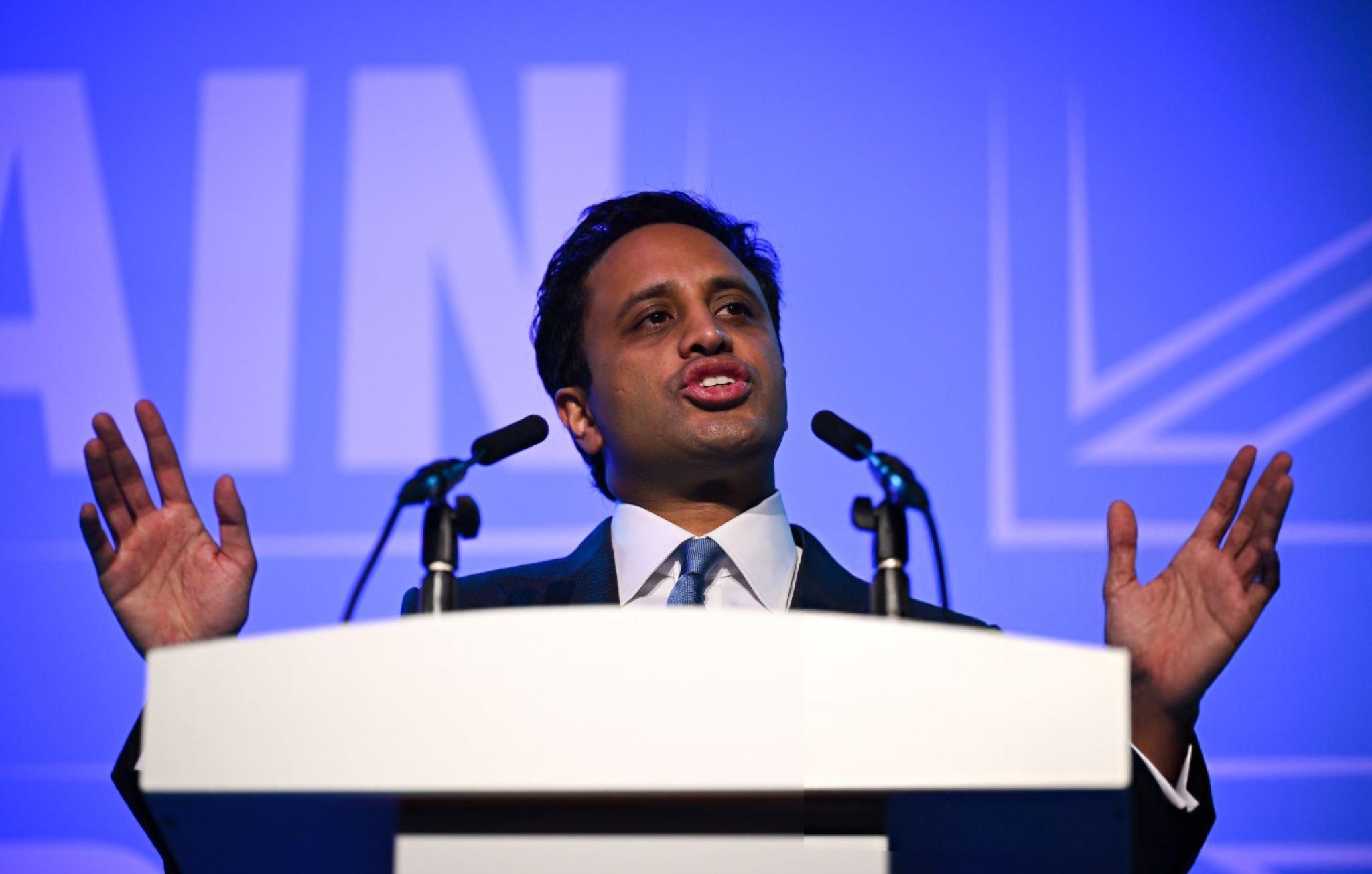Party chairman Zia Yusuf outlines legal and political push to challenge government asylum policy.
Reform UK has pledged to use “every instrument of power available” to resist the housing of asylum seekers in hotels within areas now controlled by the party, following its strong showing in Thursday’s local elections.
Speaking on the Sunday with Laura Kuenssberg programme, Reform UK chairman Zia Yusuf confirmed that the party’s leadership is determined to use legal avenues including judicial reviews, injunctions and planning regulations to prevent hotels from being converted into asylum accommodation.
Nigel Farage, who led the party to a stunning 600-seat gain and control of 10 local authorities, previously vowed to fight such use of local hotels, calling it a “betrayal of communities”. Mr Yusuf reinforced that message, suggesting councils would challenge the Home Office’s accommodation contracts.
“A lot of these hotels, when repurposed as hostels, fall foul of numerous planning and safety regulations,” Mr Yusuf said. “That’s what our legal teams are looking into now. We’ll pursue every route to stop this.”
However, Mr Yusuf acknowledged the party’s limitations at local level. “We’re realistic – local levers of power pale in comparison to Westminster,” he admitted. “But that’s why this is a journey. The goal is Nigel in No. 10 with a Reform majority.”
As part of its broader immigration strategy, Reform has promised to publish a plan to deport all individuals in the UK illegally if it comes to power nationally.
Meanwhile, newly elected Reform Greater Lincolnshire mayor Dame Andrea Jenkyns attracted further attention by defending her previous remarks suggesting asylum seekers could be housed in tents rather than hotels.
“Putting people in hotels is like bees to honey,” she told LBC. “This is taxpayers’ money. It should be tents, not rent.”
Dame Andrea also revealed her intention to cut up to 10% of Lincolnshire County Council’s workforce, arguing the council needed to be “lean and mean”. Reform now holds 44 of 70 seats in the council, having taken control from the Conservatives.
“We’re going to root out waste,” she said. “Personally, I think we should look at a 10% reduction in staff, but of course that will be for the new Reform council leader to discuss with colleagues.”
In a clear signal of confrontation with public sector unions, Dame Andrea added that she was “up for a fight”, following a call from Unison for council staff under Reform authorities to unionise and protect their rights.
Mr Farage had earlier warned that council workers focused on diversity or climate change initiatives should consider “alternative careers”. This was echoed by Mr Yusuf, who revealed that Reform would establish taskforces to scrutinise council expenditure and personnel.
“We’re going to send in teams to audit and inspect what’s going on,” Mr Yusuf said. “Some job titles may not explicitly say DEI [Diversity, Equity and Inclusion], but the function is there. We’re going to get to the bottom of it.”
He confirmed that Reform would open applications for these taskforces in the coming weeks, seeking candidates with skills in auditing, infrastructure, and software development.
“If you’ve got experience in fixing potholes or auditing council budgets, we want to hear from you,” he said. “Now we’ve got access to the contracts, payroll, and numbers – we’re going to make real changes.”
Reform UK’s surge has sparked intense debate over the limits of local authority power versus central government mandates. With tensions rising between councils and Whitehall, the coming months could prove pivotal in shaping the future of immigration and local governance in Britain.
Do you want a version of this tailored for a specific regional paper or audience?






